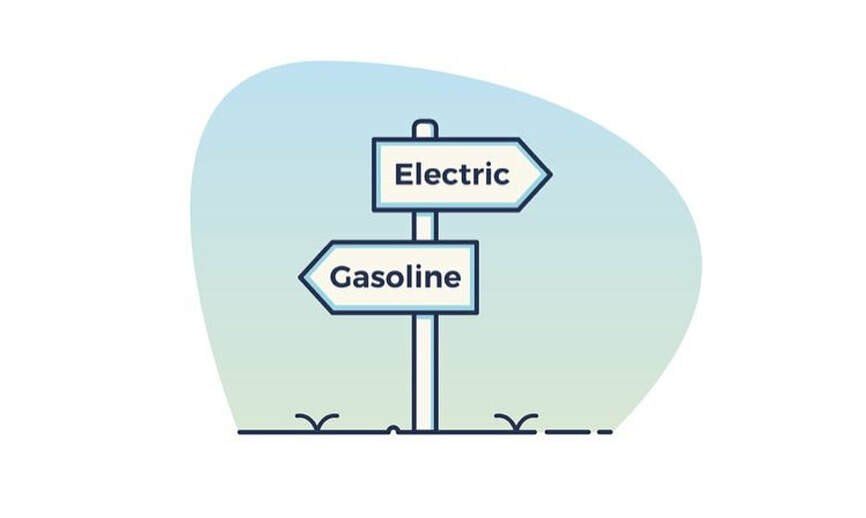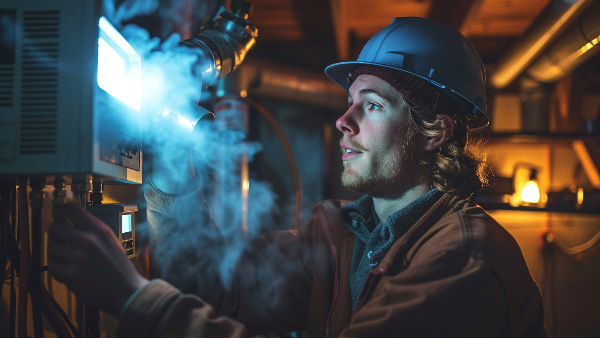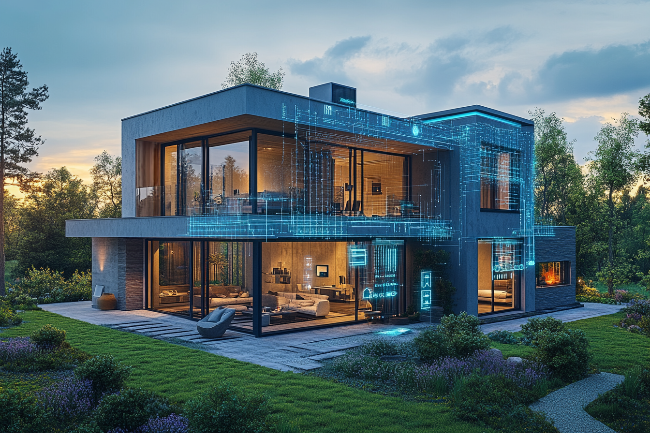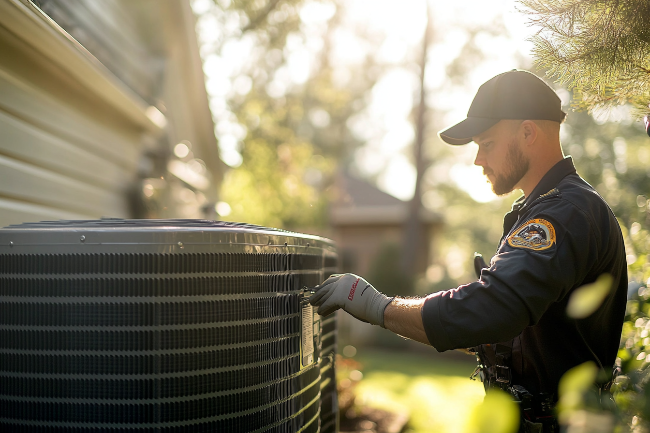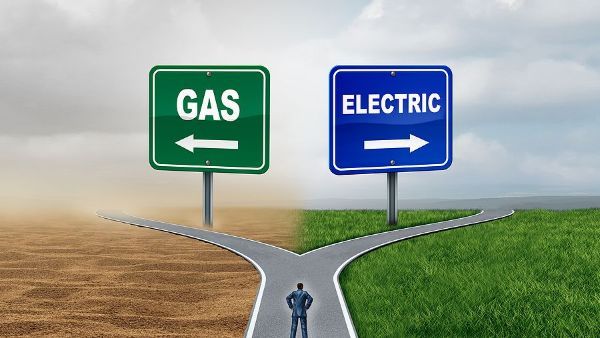GET A FREE QUOTE TODAY - (707) 228-9921
Gas or Electric Furnaces: Which Is Better?
Should I Install a Natural Gas Furnace or an Electric Furnace in My Home?
Winter weather is fast approaching, which means you'll be turning on your HVAC unit soon. If you're considering having an HVAC contractor in Santa Rosa and Marin County install a new unit in your home this season, it is best to know the advantages and disadvantages of natural gas furnaces vs. electric furnaces.
Natural Gas Furnaces
Gas furnaces use forced air and a thermostat to control the temperature in your home. When the temperature falls below your desired setting, a signal ignites the pilot light and turns on the main burner to circulate air throughout the house via a blower fan and ductwork. Furnaces powered by natural gas heat up faster than electric units and can warm larger homes more efficiently, making them the money-saving option for those with large homes or homes in cold climates.
A professional HVAC contractor must install gas furnaces. Natural gas is easily combustible when mishandled, so trying to install the unit yourself is often dangerous. Additionally, because natural gas creates carbon monoxide, installation of the system requires a chimney unit and ventilation throughout your home to ensure the safety of your family. A contractor has the proper tools, knowledge and experience to complete the task.
Once installed, gas heaters are quite efficient and typically have low operating costs in terms of utility bills. However, keep in mind that gas furnaces have a lifespan of only 10 to 20 years and require regular maintenance to ensure no buildup of carbon monoxide.
Electric Furnaces
Like gas furnaces, electric furnaces use a forced air system, thermostat, blower fan and ductwork to heat your home. Unlike natural gas systems, electric furnaces use ignitions that activate heating elements when they receive a signal to do so. Electric furnaces take a bit longer to heat a home since they don't reach peak temperature as soon as they're signaled, making them a better choice for smaller dwellings or those in areas that have moderately cold winters.
Although electric heaters do not pose a threat of carbon monoxide poisoning or explosion, they still use high-voltage electrical currents. For this reason, it is still a good idea to ask an experienced HVAC contractor to install your new unit. In fact, your local government probably requires you to hire a professional since there are usually detailed inspection laws.
Electric furnaces may require you to pay a bit more for utilities each month since electric is more expensive than gas. However, they often last twice as long as gas units do and usually do not cost as much to maintain.
The Verdict
Both natural gas furnaces and electric furnaces have advantages and disadvantages. Installing a gas furnace in a 2000-square-foot home can be more expensive than electric, but it also heats the home faster and has a lower everyday cost. Electric furnaces, which typically cost less than a natural gas furnace to install, are easier to install and maintain, but they aren't as efficient and usually cost more to operate. When making your decision, consider how much money you want to spend upfront, how much you want to spend over time, how large your home is and whether you live in a colder or warmer climate.
Are you ready to hire an HVAC contractor in Santa Rosa and Marin County for furnace installation? Get in touch with Next Level HVAC today. You can also like us on Facebook, find us on LinkedIn or subscribe to our blog.
Comments
More Posts That Might Interest You
Take Your Home Comfort To The Next Level
Whether you need your furnace replaced or your AC repaired, we've got you covered.

Next Level Heating & Air Conditioning Inc.
© 2018 Next Level Heating & Air Conditioning. All rights reserved.
Website Design and SEO by Fitz Designz

